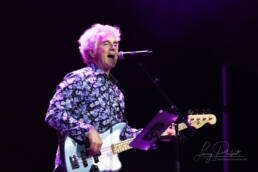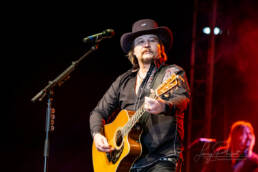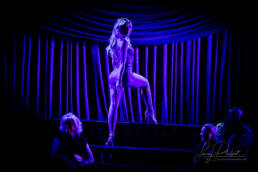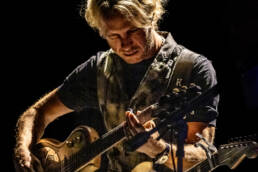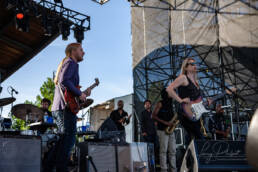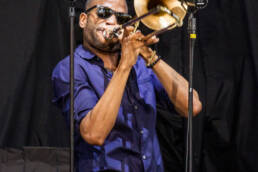Marty Stuart: The Hillbilly Rocker with a Rebel Heart
NOTE: Marty was named after the singer Marty Robbins, famous for his ballad “EL Paso”. To honor Marty Robbins, Stuart was asked to speak at Robbins’ Memorial Service, and to do the song “El Paso.” Intimidated, the band practiced for weeks, trying to just not embarrass themselves. I saw them do “El Paso”, and they’re incredible. If you get a chance, grab a Marty Stuart concert.
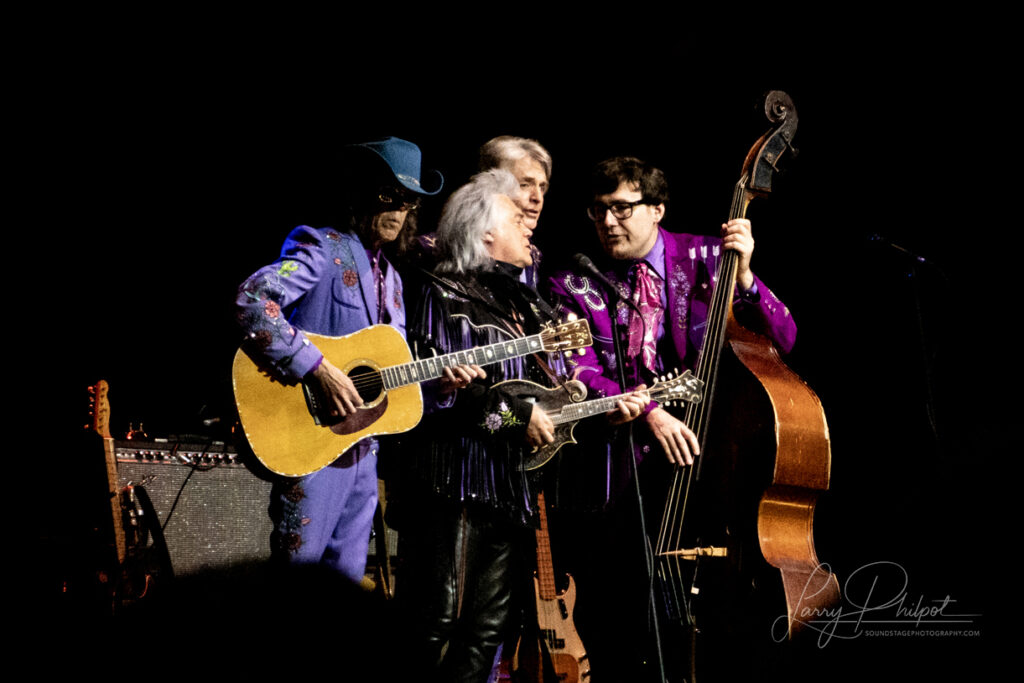
Imagine a boy in Philadelphia, Mississippi, clutching a pawn-shop guitar, his fingers tracing chords as the jukebox spun tales of heartache and honky-tonks. That was Marty Stuart, a wiry kid with a pompadour and a soul older than his years. His road to music wasn’t a choice—it was a calling, a pull from the cotton fields to the neon glow of Nashville. Marty’s story is one of roots, reinvention, and a love for country that made him a torchbearer for its wildest traditions.
The Spark That Struck a Twang
Marty didn’t find music; it found him like a lightning bolt. Born John Marty Stuart on September 30, 1958, in Philadelphia, Mississippi, he grew up in a working-class family—dad John a factory worker, mom Hilda a bookkeeper. His motivator? A fascination with country’s raw edge, sparked at five when he saw Lester Flatt pick a banjo on TV. By nine, he’d mastered mandolin, teaching himself on a $10 Sears model. At 12, he joined a gospel group, but a 1970 Flatt concert changed everything—he begged to meet the bluegrass legend, landing a gig as his sideman at 13. “I knew then,” he’d say, “this was my life.” Music wasn’t a dream; it was his heartbeat.
A Thorough Biography: From Mississippi to Mandolin Mastery
Marty’s early days were pure Southern grit—raised with sister Jennifer in a town shadowed by civil rights scars, he found solace in strings. At 13, he dropped out of school to tour with Flatt’s Nashville Grass, a prodigy among grizzled vets. When Flatt’s health faded, Marty joined Johnny Cash in 1980, playing guitar and soaking up the Man in Black’s mystique. He married Cash’s daughter Cindy in 1983—divorced by 1988—but the bond with Cash endured.
Solo stardom hit in 1985 with MCA Records. Hillbilly Rock (1989) and Tempted (1991) blended country with rockabilly swagger, his glitter suits and Telecaster a middle finger to Nashville’s polish. In 1997, he wed Connie Smith, a country queen 17 years his senior, settling into a love that’s lasted decades. By 2025, at 66, he’s a Grammy-winning elder statesman, hosting The Marty Stuart Show on RFD-TV (2008–2014) and curating the Marty Stuart Congress of Country Music, a Mississippi museum dream. Father to no kids, he’s uncle to a genre he’s fought to preserve.
Career Biography: Bands, Buddies, and Big Breaks
Marty’s a band hopper turned solo star. He cut his teeth with Lester Flatt’s Nashville Grass—Flatt on banjo, Roland White on mandolin, Vic Jordan on fiddle—until Flatt’s 1979 death. Next, Johnny Cash’s Tennessee Three welcomed him—W.S. Holland on drums, Bob Wootton on guitar—where he stayed till 1985. His “most popular band” is The Fabulous Superlatives, formed in 2002: Kenny Vaughan (guitar), Harry Stinson (drums), and Chris Scruggs (steel guitar, later Paul Martin on bass). They’re his road dogs, backing hits like “Country Music Got a Hold on Me.”
Relationships? Marty’s a connector. Cash was mentor and kin; Travis Tritt sparked the 1991 duet “The Whiskey Ain’t Workin’.” He’s jammed with Bob Dylan, traded licks with Eric Clapton on “Tears in Heaven” (1992). TV’s his playground—Hee Haw, Late Night with Conan O’Brien, and a Sesame Street cameo (1992). Film nods include All the Pretty Horses (2000) as a cowboy. Awards? Five Grammys—Best Country Instrumental (1993, “Red Wing”), Best Traditional Folk Album (2017, Way Out West)—and a 2020 Country Music Hall of Fame induction. Biggest songs? Here’s the list:
- “Hillbilly Rock” – Written by Paul Kennerley, a 1989 Top 10 that fused Elvis with Hank.
- “Tempted” – Marty co-wrote with Kennerley, a 1991 No. 5 heartbreak banger.
- “The Whiskey Ain’t Workin’” – By Ronny Scaife and Marty, a 1991 Tritt duet that hit No. 2.
- “This One’s Gonna Hurt You” – Marty and Tritt penned this 1992 Top 10 weeper.
Controversy: Stirring the Country Pot
Marty’s kicked up dust. In 1992, This One’s Gonna Hurt You flopped sales-wise despite chart success, irking MCA—he bolted for Columbia, calling it “creative jail.” His 1999 The Pilgrim, a concept album, tanked commercially; critics loved it, fans didn’t. “Too artsy,” they griped. He shrugged: “I made it for me.” His flashy style—rhinestones, big hair—ruffled trad-country feathers, but he doubled down. In 2020, he blasted Nashville’s pop shift on X: “Country’s not dead, just ignored.” Fans cheered; execs squirmed. Marty’s a rebel with a cause.
A Night to Remember: The Ryman, 1992
Let’s rewind to July 17, 1992, the Ryman Auditorium. Marty’s 33, riding Tempted’s wave, headlining the Mother Church. He’s in a Nudie suit, Telecaster blazing, the Superlatives (pre-official) behind him. They rip into “Hillbilly Rock,” the crowd stomping so hard the pews shake. Mid-set, Travis Tritt crashes in—“Whiskey Ain’t Workin’” turns into a 10-minute jam, beers flying, voices raw. Marty drops to his knees, riffing like a preacher in revival. “This is country!” he yells, sweat dripping. The encore’s “Orange Blossom Special”—mandolin on fire, fans screaming. Backstage, Cash slaps his back: “You woke this old place up.” It’s Marty unleashed—hillbilly heart, rock ‘n’ roll soul, owning the night.
